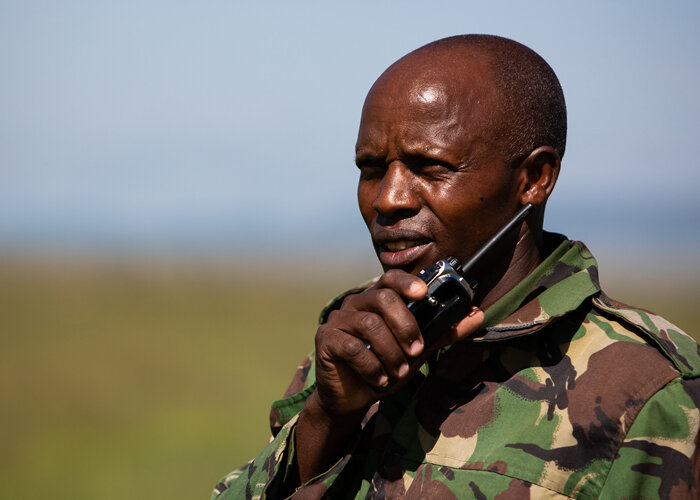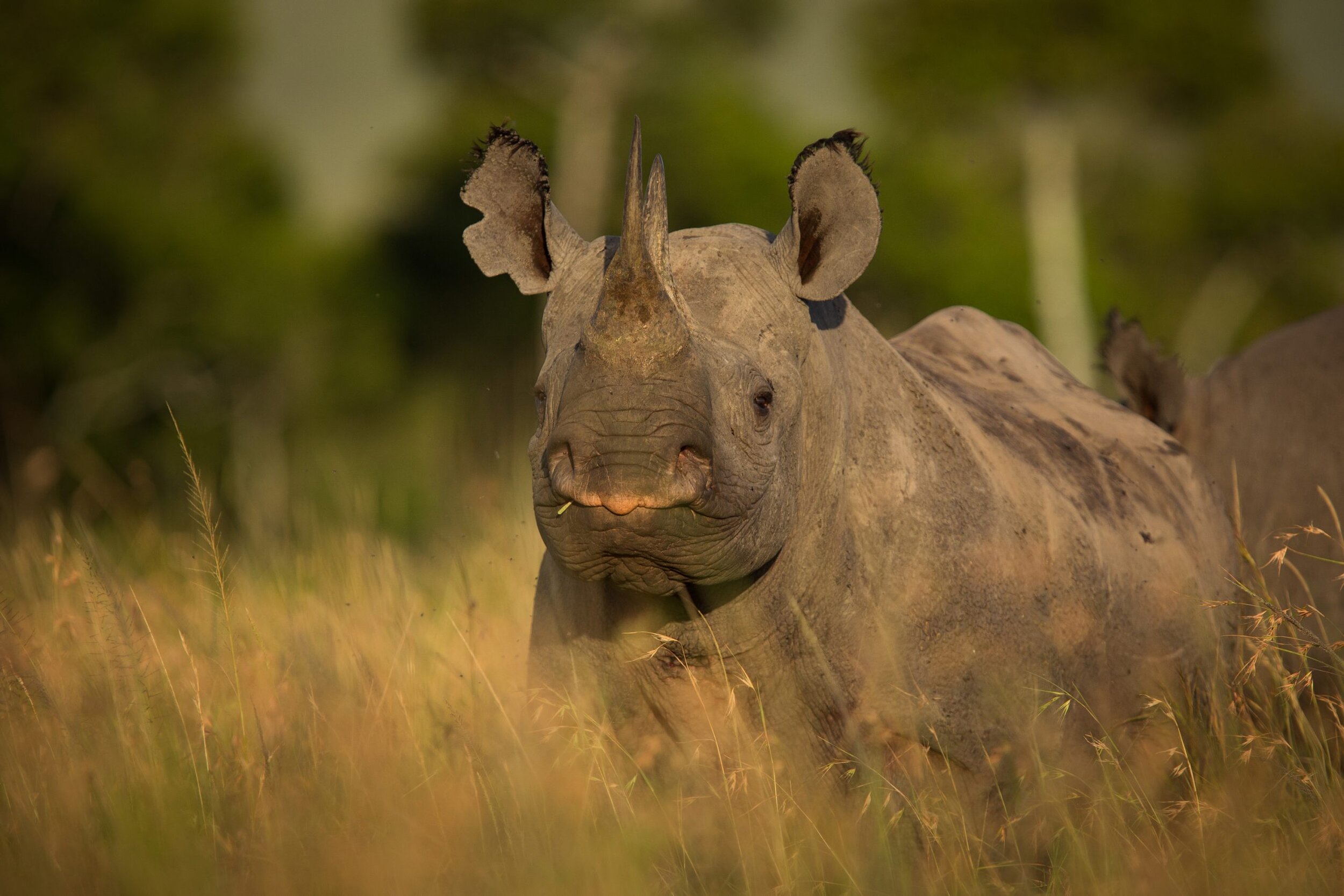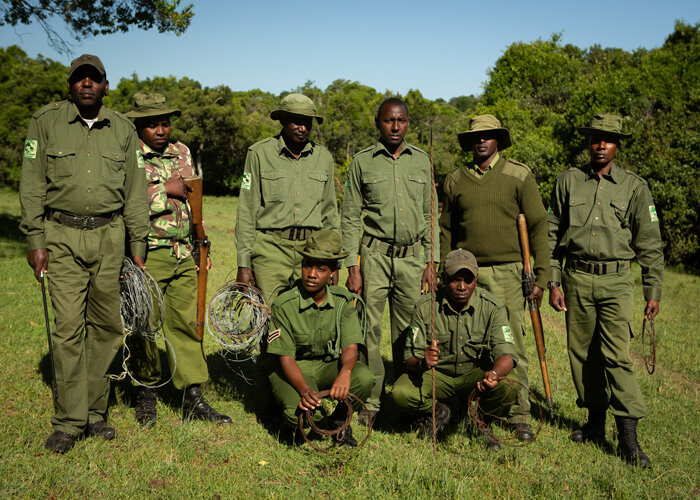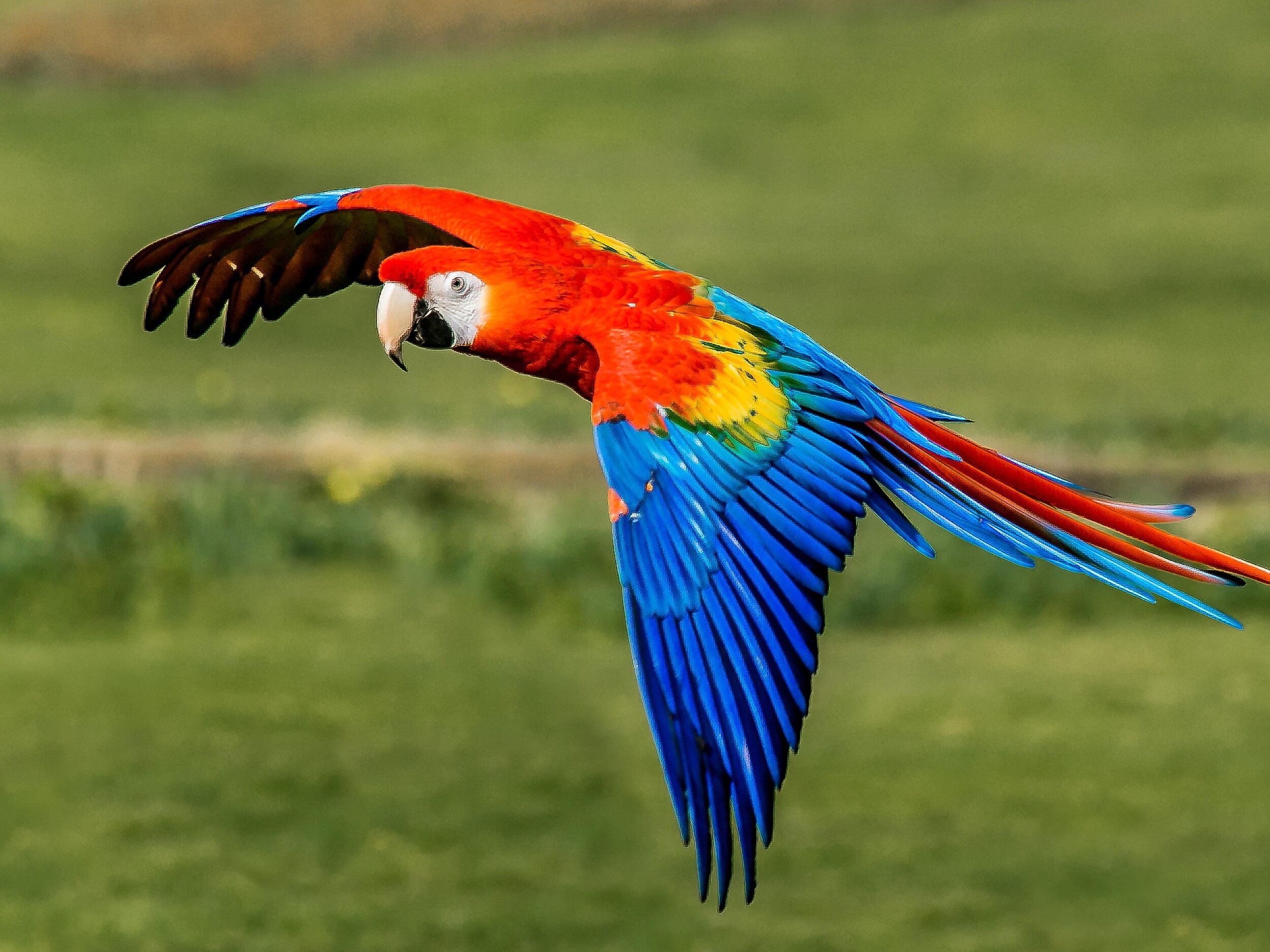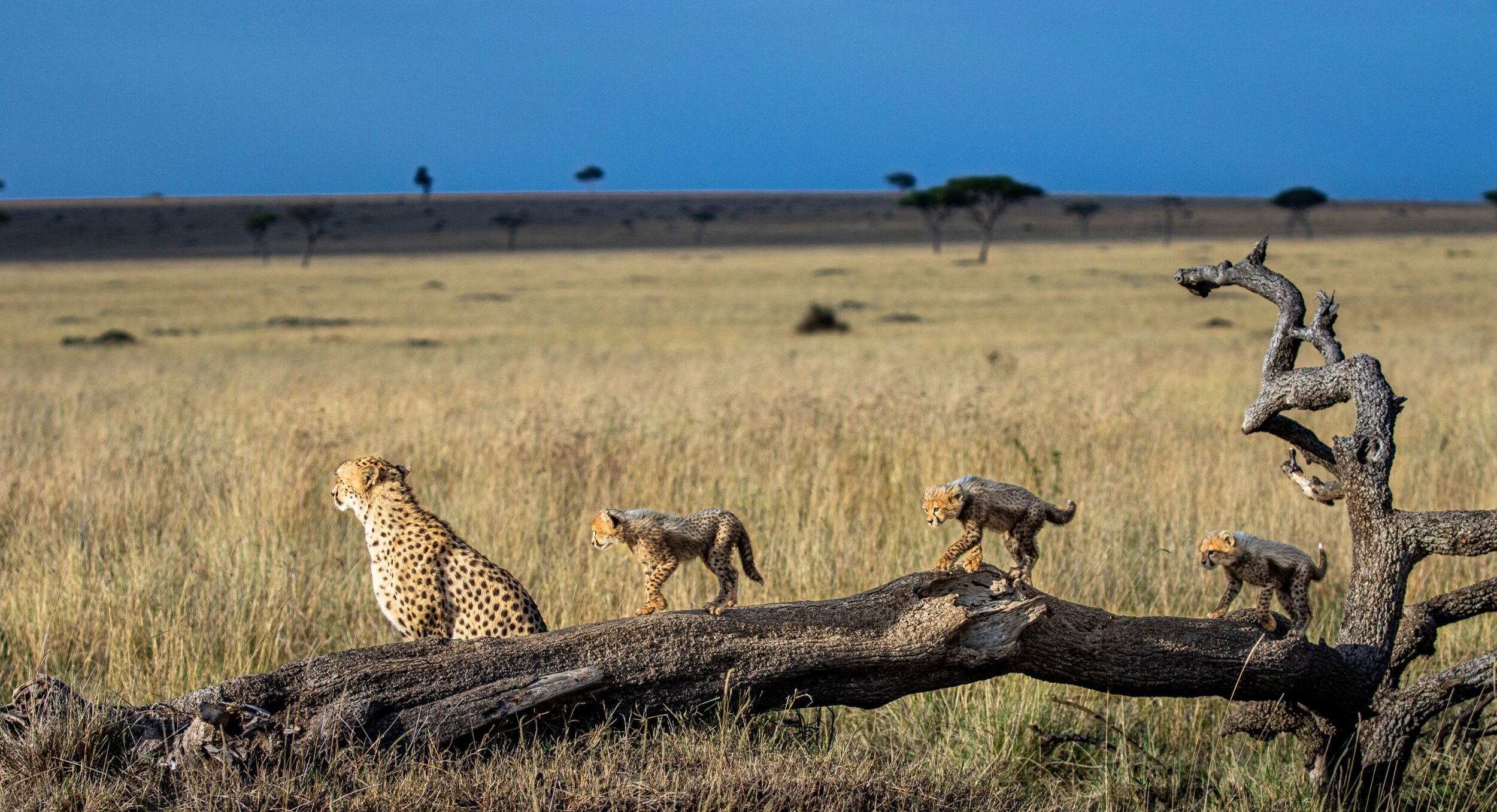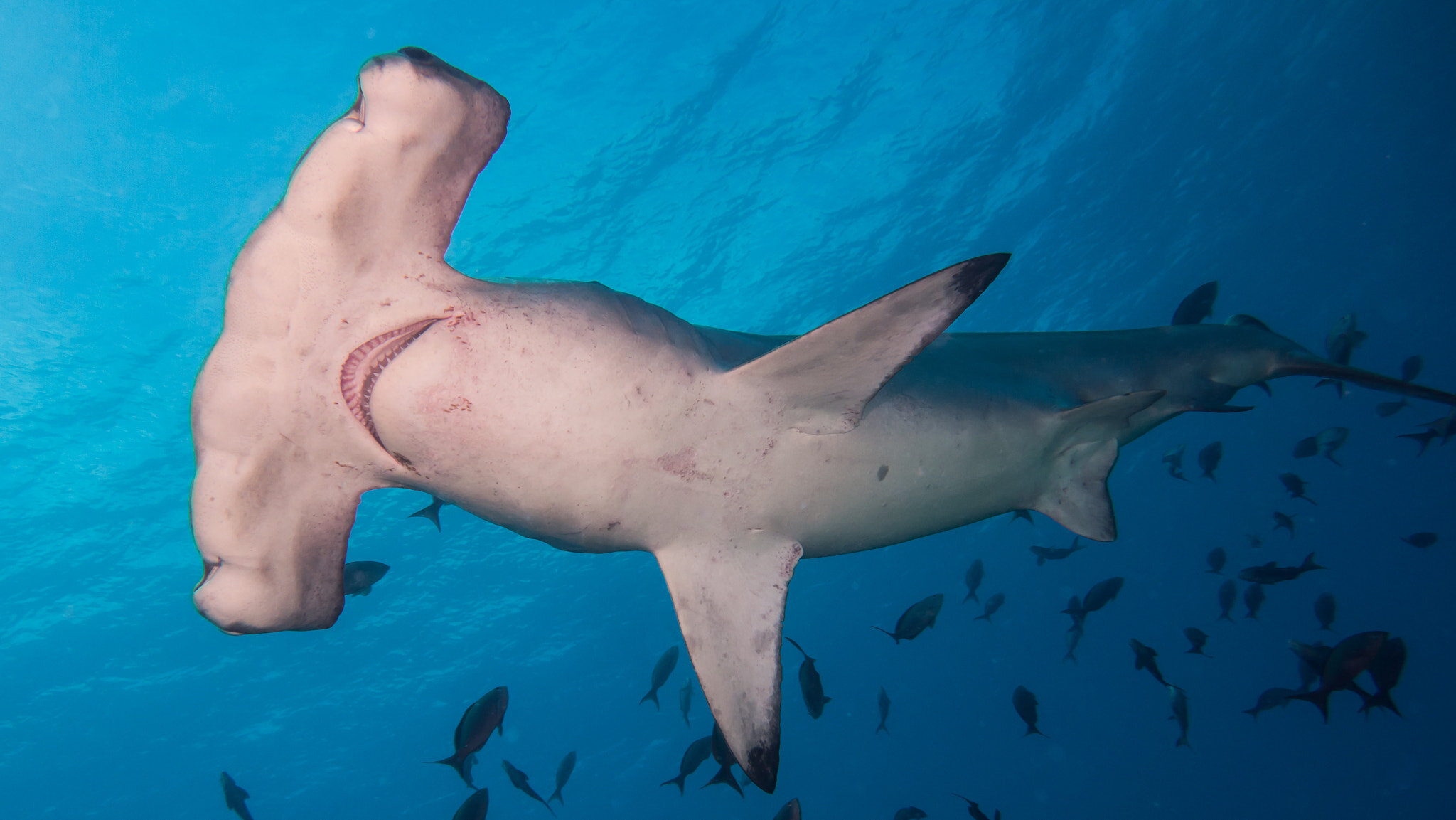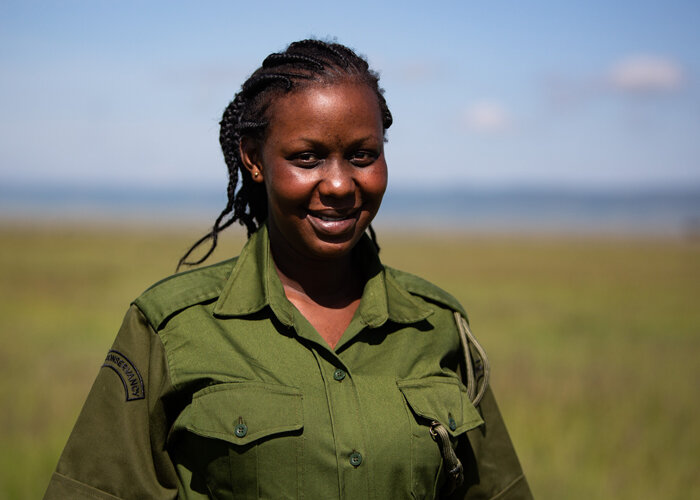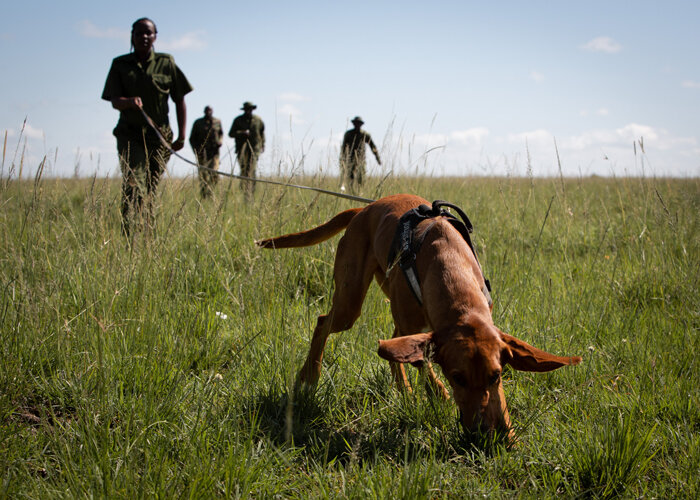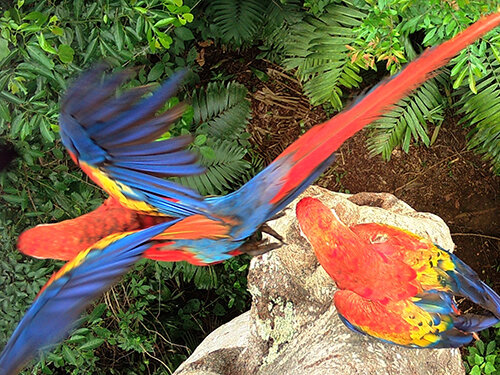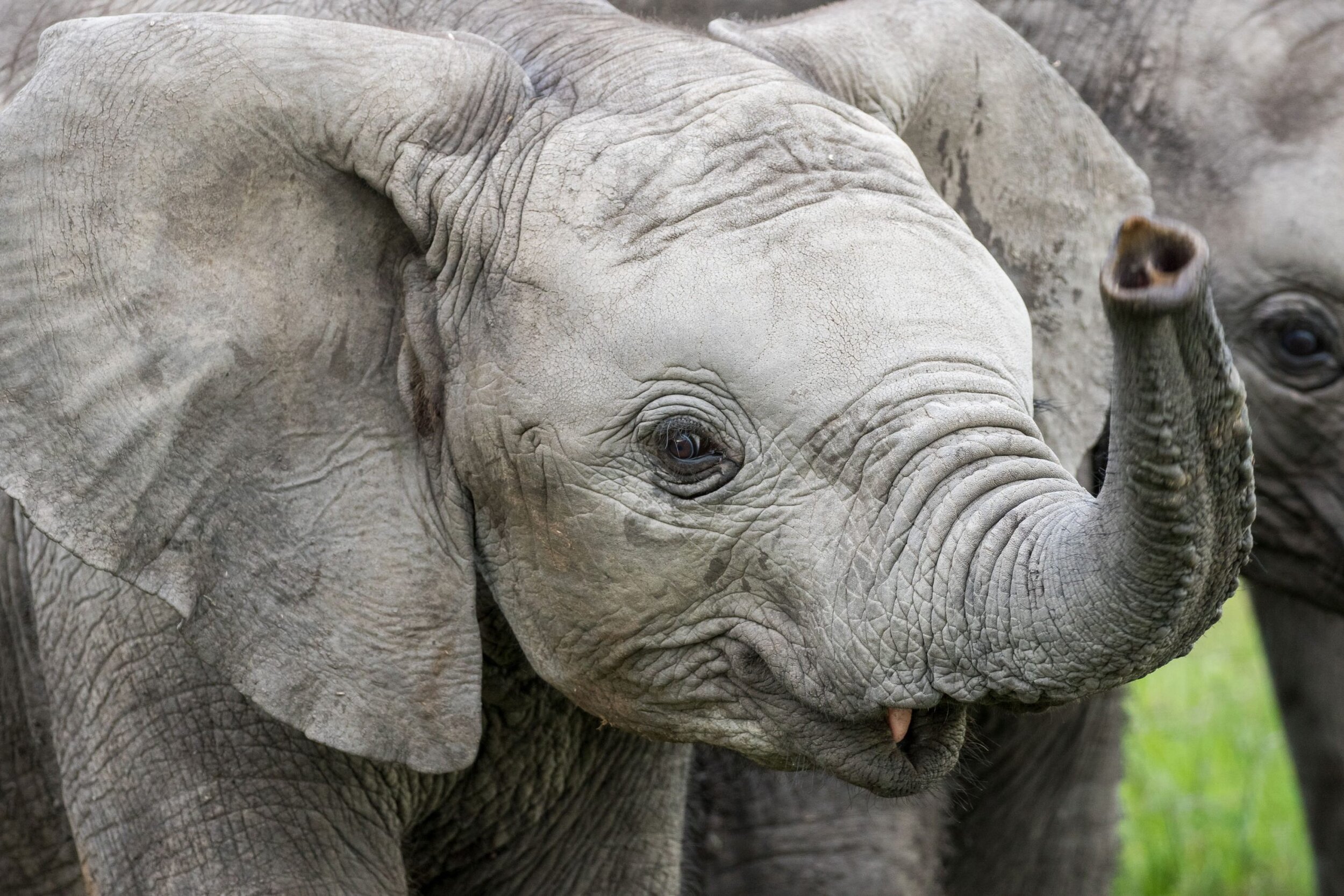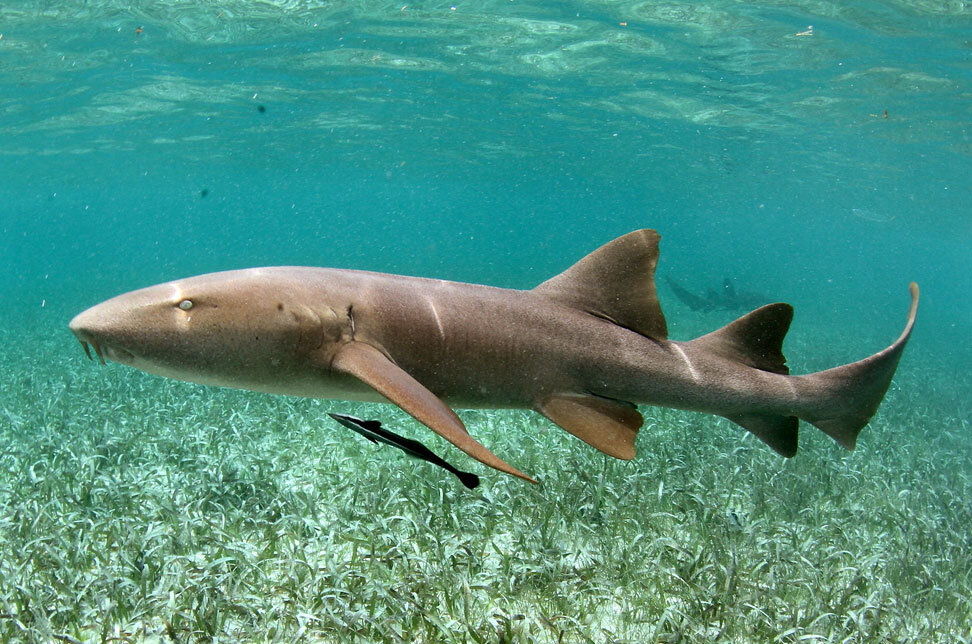
WILDLIFE RANGERS NEED YOUR HELP TO STOP POACHING!
The Coronavirus pandemic has disrupted tourism all over the world. With travel almost coming to a halt, many important jobs in the travel sector have lost funding. This includes GLOBAL wildlife reserves, conservation organizations, and on-the-ground rangers, who have all suffered massive economic hits. The reductions in available funding for these positions and organizations has subsequently resulted in an increase in poaching of endangered and threatened species.
Double your impact - Every dollar up to $20,000 will be matched!
$25 - One week food and shelter for a wildlife ranger
$50 - Remove one snare from a protected area
$100 - Air time for a team leader to coordinate wildlife patrols
$250 - One week salary for a wildlife ranger
$500 - One week salary for a Team Leader of wildlife rangers
$2500 - Fully fund a patrol team to remove 20 snares/week!
“National lockdowns, border closures, emergency visa restrictions, quarantines and other measures put in place to stop the spread of the coronavirus have severely constricted Africa’s $39 billion tourism industry. That business motivates and funds wildlife conservation across the continent, leading some experts to fear that threatened and endangered animals may become additional casualties of the pandemic.” (New York Times)
With the global support from travelers and businesses in the travel industry, your donation will support rangers and organizations who protect wildlife, and in turn, support the communities where the rangers work and live. The increase in poaching is due to the reduction in monitoring and protection available, as well as poaching serving as an alternative for income for those who no longer have jobs. Many conservancies and parks are dependent on income generated from wildlife tourism to support the work that the rangers do. Please consider donating today to help save some of our world’s most threatened species.
Why Belize? “I’m just staggered by the biodiversity, the beauty, the animals that I see,” explains Neil Rogers, Vice Chair, Adventure Travel Conservation Fund. The devastating economic impact of the pandemic and wildfires have forced a reallocation of rangers and resources, leaving the endangered Scarlet Macaw vulnerable to poachers. “If we don’t, without a doubt, within 20 years this species will probably be extinct in Belize.”
Rob Holmes from GLP Films sat down with Nicky Fitzgerald, owner of Angama Mara safari lodge, on how the pandemic struck Kenya’s Maasai Mara. “It came from nowhere. It could have been a bushfire. It felt that catastrophic.”
Did you know…
2018 wildlife tourism directly contributed US$ 120.1 billion to helping grow the economies of many nations, and in Africa employed 3.6 million people (World Travel & Tourism Council)
A living elephant now is worth more than $1.6 million (£1.2 million) over its lifetime, largely because of its value to ecotourism (The Sheldrick Wildlife Trust)
Illegal wildlife trade is the fifth most profitable illicit trade in the world, estimated at up to $10 billion annually (WWF)
More resources and references on impact of wildlife tourism
Every Dollar Helps…
Funds will be used to support the rangers in effectively removing snares and traps, and deterring poaching activity. This includes - supplementing loss of salary, fuel and vehicle maintenance, communication and field equipment, as well as monitoring activities.
All destinations funded have experienced an increase in illegal poaching activity due to decreased monitoring as a result of the pandemic.
All projects will directly protect an IUCN red list species.
All organizations funded have their own designated rangers to patrol and minimize illegal poaching activity.

